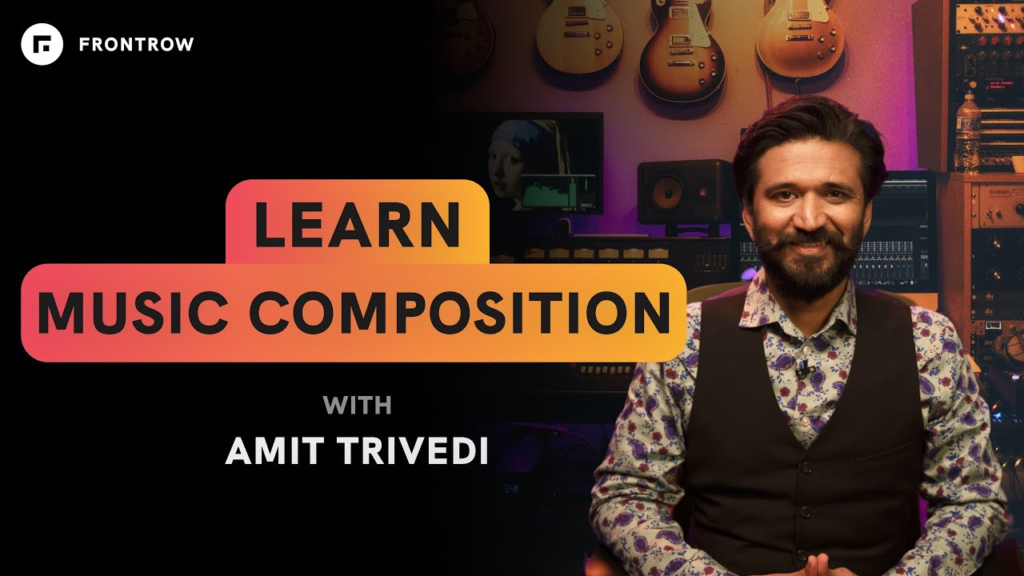1. What is a Sound Engineer?
A crucial role for audio engineers is to record and create music albums, collaborating with musicians and production teams. They use technical expertise and sophisticated equipment to capture and produce the desired audio, utilizing various hardware and software to achieve desired results.
2. What is a Music Producer?
Music producers oversee the entire recording process, from conception to completion, guiding artists and professionals to enhance or modify their sound during studio sessions. They bring together their musical knowledge and technical skills, guiding artists and professionals in enhancing their sound. They may also perform similar tasks to sound engineers.
3. Education and Training
Sound engineers typically pursue an associate degree in audio engineering, focusing on operating mixing boards, handling connectors, cables, troubleshooting technical issues, and using audio software for music editing.
Music producers often gain proficiency in music production without a strict requirement. They can learn on the job or start as sound engineers before transitioning to creative management roles. They often use digital audio workstations (DAWs) to oversee recording projects and network with artists and production teams.
4. Essential Skills
Sound Engineers possess technical proficiency in recording audio using software applications and equipment. They also possess basic musical skills related to pitch, tone, and quality to enhance recording quality. Music Producers combine technical and musical skills to direct and coach artists during music production, requiring a solid understanding of musical theory.
5. Job Duties
Sound engineers handle technical aspects of sound recording, including equipment preparation, software editing, and mixing. Music producers oversee studio sessions, guide musicians, and ensure the quality of the final product, assisting music producers and artists in the studio.
6. Career Paths and Opportunities
Sound engineers and music producers have promising careers in entertainment and recording industries, working in recording studios, live events, film, television, and broadcasting. They collaborate with artists, manage projects, and collaborate with renowned labels and production houses.
7. How to Become a Sound Engineer or Music Producer
1. Educational Path**: Pursue an associate degree in audio engineering for sound engineering, or consider a degree in music production for becoming a music producer. Alternatively, gain practical experience through internships or entry-level roles in recording studios.
2. Develop Technical Skills**: Familiarize yourself with audio recording hardware, software, and digital audio workstations. Learn how to operate mixing boards, microphones, and other studio equipment.
3. Cultivate Musical Proficiency**: Improve your musical skills, including pitch, tone, rhythm, and musical composition. For music producers, proficiency in playing one or more instruments can be advantageous.
4. Gain Studio Experience**: Work as an assistant in a recording studio to gain hands-on experience and exposure to the recording process. Learn from experienced sound engineers and music producers.
5. Networking**: Build a strong network of contacts within the music industry. Attend industry events, connect with artists, musicians, and producers, and collaborate on projects to expand your portfolio.
6. Continuous Learning**: Stay updated with the latest trends and advancements in audio technology and music production. Attend workshops, seminars, and online courses to enhance your skills.
In summary, music production and sound engineering are two integral pillars of the music industry. While sound engineers focus on the technical aspects of recording audio, music producers take on a more holistic role, directing the creative process. Both fields offer exciting opportunities for individuals with a passion for music, technical expertise, and a drive to create exceptional audio content. Whether you choose to become a sound engineer or a music producer, a blend of technical skills and musical knowledge will set you on the path to a successful and fulfilling career in the world of music and entertainment.





